Welcome to the world of decorative icing flowers! As a passionate baker, I have spent countless hours perfecting the art of icing flowers to elevate my cakes and pastries. Whether you’re a seasoned decorator or just starting, this guide will provide you with expert tips, personal experiences, and practical advice to create stunning icing flowers that will impress everyone.
What Are Decorative Icing Flowers?
Decorative icing flowers are edible creations made from icing, often used to adorn cakes, cupcakes, and other baked goods. They can be crafted using various techniques, making them a versatile choice for different occasions, from birthdays to weddings.
Why Use Decorative Icing Flowers?
Using icing flowers can transform a simple cake into a work of art. They offer several benefits:
- Aesthetic Appeal: Icing flowers add a beautiful and professional finish to your baked goods.
- Customizability: You can create flowers in various colors and sizes to match your theme.
- Edibility: Unlike many other decorations, icing flowers are entirely edible.
Types of Icing Used for Flowers
Before diving into the crafting process, it’s crucial to understand the different types of icing suitable for flowers. Here’s a comparison table of popular icing types:
| Icing Type | Texture | Best For | Pros | Cons |
|---|---|---|---|---|
| Royal Icing | Hard | Detailed flowers and decorations | Dries hard, easy to work with | Can be fragile |
| Buttercream | Soft | Floral decorations | Rich flavor, easy to whip up | Can melt in heat |
| Gumpaste | Flexible | Life-like flowers | Molds easily, dries hard | Requires practice |
| Fondant | Smooth | Covers and decorations | Smooth finish, versatile | Not always edible |
My Experience with Different Icings
While I love the ease of buttercream, I’ve found that royal icing creates the most intricate flowers. However, for a more realistic finish, gumpaste takes the cake. Experimentation is key; don’t hesitate to try them all. Each icing type brings its unique charm and challenges!
Tools and Equipment for Creating Icing Flowers
Having the right tools can make a world of difference in your flower decorating journey. Here are essential tools you’ll need:
Essential Tools
- Piping Bags: Essential for squeezing out icing.
- Piping Tips: Various shapes for different flower designs. Common tips include:
- Tip #104: For rose petals.
- Tip #352: For leaf decorations.
- Tip #2D: For star-shaped flowers.
- Flower Nail: Helps in shaping flowers while allowing easy handling.
- Scissors: For trimming petals and leaves.
- Edible Colors: To tint your icing.
Advanced Tools (optional)
- Flower Formers: For shaping petals.
- Silicone Molds: To create uniform flower shapes.
- Airbrush: For adding depth and dimension.
Step-by-Step Guide to Making Icing Flowers
Now that you have the tools and ingredients ready, let’s dive into creating icing flowers!
Step 1: Preparing Your Icing
Begin by preparing your chosen icing. If you’re making royal icing, ensure you achieve a stiff peak consistency. For buttercream, whip it until fluffy.
Step 2: Coloring Your Icing
Add edible colors to your icing to create the desired shades. Remember, a little goes a long way!
Step 3: Piping Basic Flower Shapes
Start with simple flowers, like the classic rose:
Making a Simple Rose
- Use a flower nail and a small square of parchment paper.
- Pipe a small mound of icing in the center for the base.
- Pipe petals around the mound using tip #104. Start from the base, moving outward.
- Continue layering petals until you reach the desired fullness.
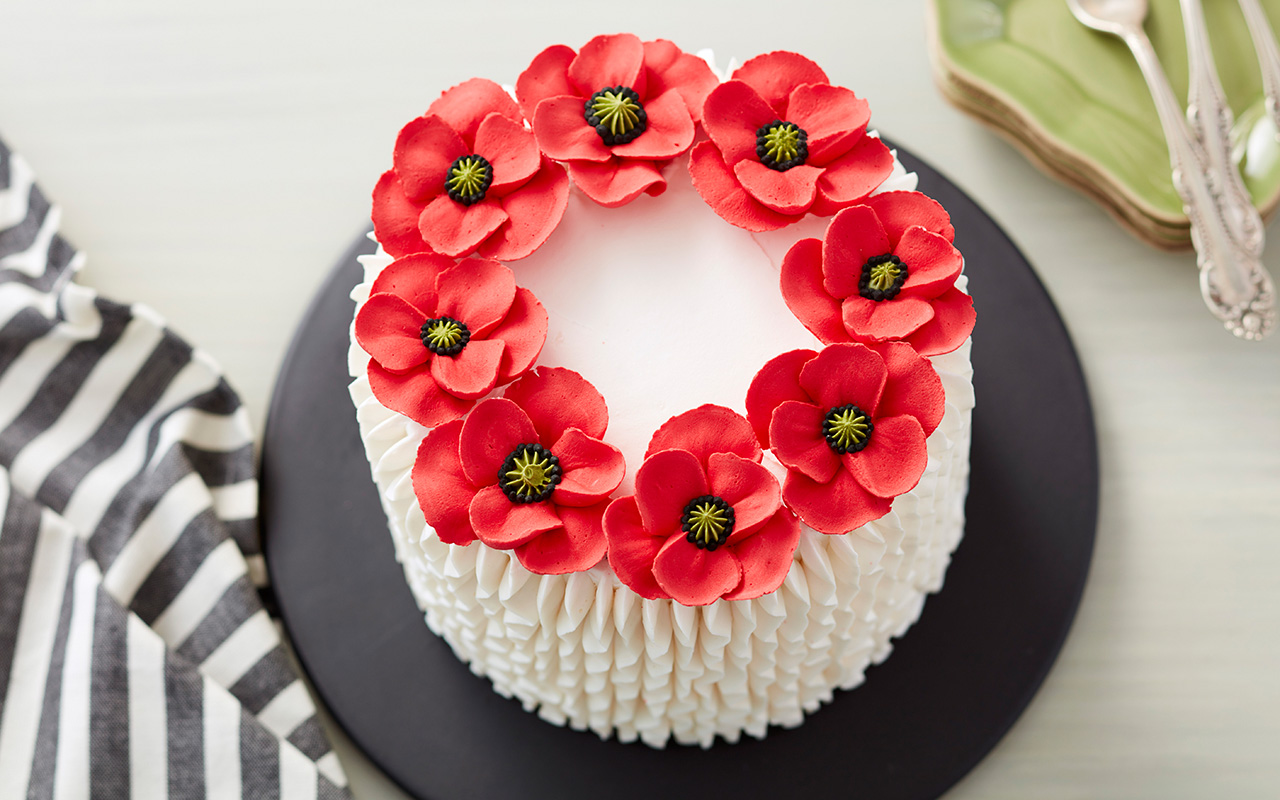
Step 4: Adding Details and Leaves
Use green icing to pipe leaves around the flowers. With tip #352, you can easily create realistic leaf shapes.
Step 5: Drying and Storing Your Flowers
Let your flowers dry completely before transferring them to your baked goods. Store them in a cool, dry place if you’re not using them immediately.
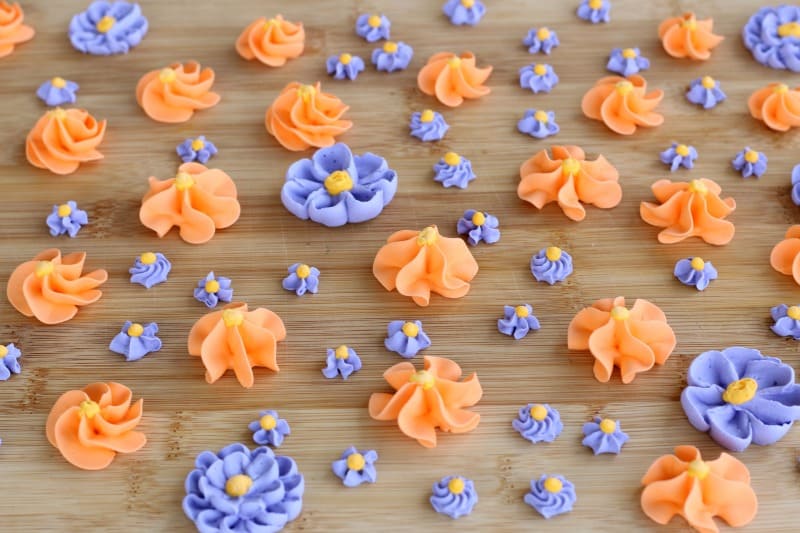
Tips for Perfect Decorative Icing Flowers
Here are some tried-and-true tips I’ve gathered over the years:
- Practice makes perfect! Don’t be disheartened by initial failures.
- Use high-quality ingredients for the best flavor and consistency.
- Keep your workspace clean and organized.
- Utilize a color wheel for color combinations that work well together.
- Watch online tutorials to learn new techniques and styles.
Common Mistakes to Avoid
Even experienced decorators can make mistakes. Here are some common pitfalls to avoid:
- Not allowing the icing to dry properly before moving on.
- Using too much water, making the icing too soft.
- Over-piping without letting layers dry, leading to drippage.
- Not cleaning piping tips regularly, resulting in clogs.
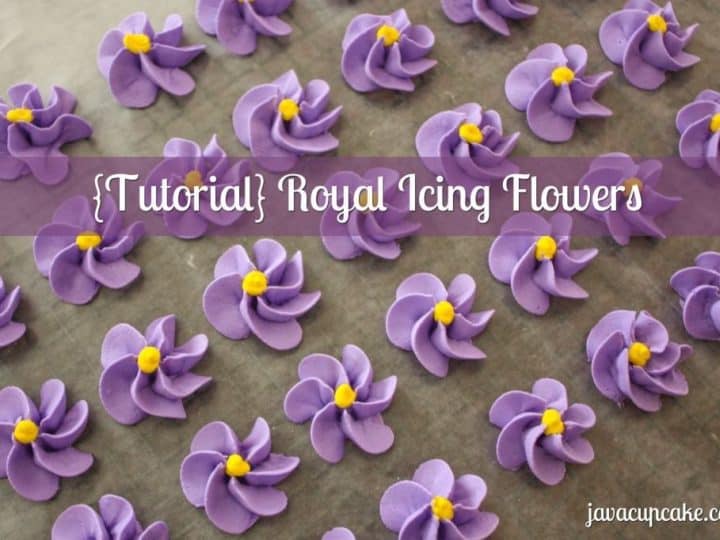
Decorative Icing Flowers for Different Occasions
Decorative icing flowers can suit various occasions, and different styles might be more appropriate depending on the event:
Weddings
Elegant roses, peonies, or hydrangeas are popular choices for wedding cakes. Choosing a softer color palette often works best.
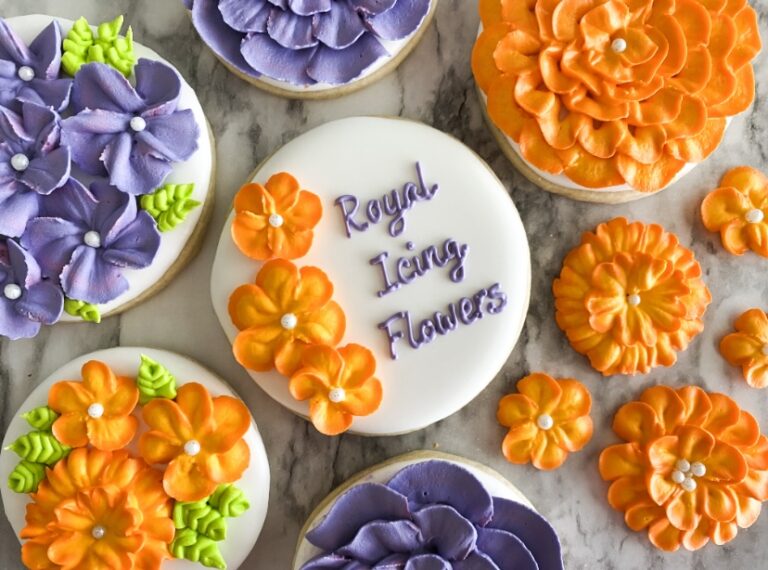
Birthdays
Bright, fun flowers like daisies or sunflowers can add a cheerful touch to birthday cakes.
Seasonal Events
Consider using seasonal flowers. For example, poinsettias for Christmas or tulips for spring-themed events.
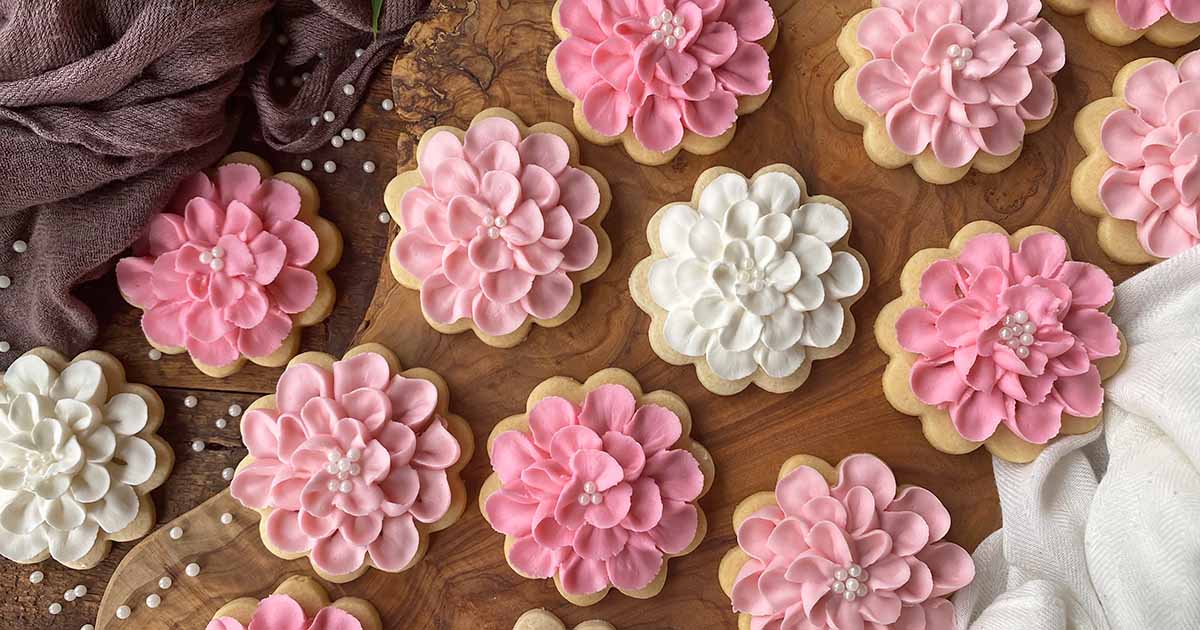
Conclusion: Unleash Your Creativity
Creating decorative icing flowers can be a fulfilling experience, allowing you to unleash your creativity and impress your loved ones. With the right tools, techniques, and a little practice, you can master the art of icing flowers and take your baking to a whole new level. Remember, the key is to have fun and enjoy the process!
Frequently Asked Questions
What is the best icing for making flowers?
Royal icing is ideal for detailed flowers, while buttercream is great for softer, more textured flowers. Gumpaste is perfect for realistic-looking blooms.

How long do decorative icing flowers last?
When stored properly in a cool, dry place, royal icing flowers can last several weeks to months, while buttercream flowers are best used within a few days.
Can I make icing flowers in advance?
Yes! Making flowers in advance is a great way to save time. Store them in an airtight container until you need them.
Are decorative icing flowers suitable for all types of cake?
Absolutely! Whether it’s a buttercream cake or fondant-covered cake, icing flowers can enhance the overall appearance.
What techniques work best for beginners?
Start with simple flowers like daisies and practice piping shapes. Focus on mastering your piping bag control before moving on to more complex designs.